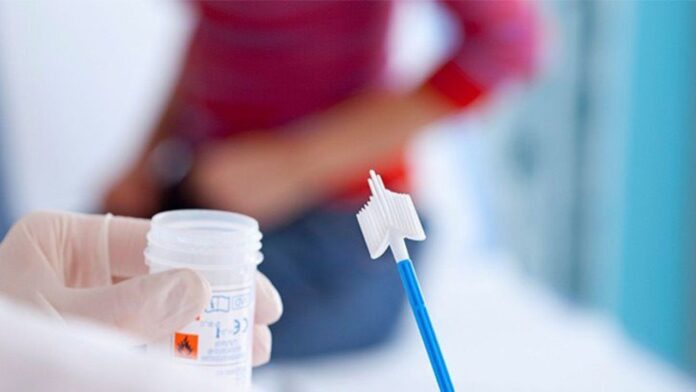Promoting vaginal health is crucial for overall well-being in women, as issues related to the vagina can impact fertility and contribute to stress, relationship challenges, and a decline in self-confidence. The vagina, being a sensitive component of the female reproductive system, may occasionally exhibit deviations from its typical functionality.
Various types of vaginal issues exist, ranging from more severe conditions such as sexually transmitted diseases affecting the vagina to milder problems like yeast infections. Some common vaginal problems include:
- Vaginitis: This is a general term for inflammation of the vagina. The disruption of the natural balance of bacteria and yeast can result in discomfort and an unusual odor. Causes include yeast infections, the use of new products like soaps, or different fabric types in underwear linings. Atrophic vaginitis, occurring after menstruation, is characterized by vaginal dryness and inflammation.
- Bacterial Vaginosis (BV): BV arises from an overgrowth of bacteria, disrupting the delicate balance necessary for vaginal health. Symptoms may include itching, discomfort, and a distinct fishy odor. BV also increases the risk of sexually transmitted infections (STIs) and poses concerns for pregnant women.
- Trichomoniasis: This sexually transmitted disease is caused by a parasitic infection, manifesting in symptoms such as redness, itchiness, discomfort during urination, and abnormal vaginal discharge with odor.
- Vulvodynia: A chronic condition causing pain around the vaginal opening, vulvodynia’s symptoms include burning, stinging, rawness, soreness, and swelling. If unaddressed, it can negatively impact intimate relationships and lead to anxiety.
- Sexually Transmitted Infections (STIs): Chlamydia, gonorrhea, genital herpes, and other STIs can cause serious vaginal issues, including discharge, bleeding, pain, and significant implications for one’s health and well-being.
- Vaginal Dryness: Factors like harsh products, low estrogen levels, and stress can contribute to dryness. However, the lack of moisture during intercourse raises concerns that need attention.

 हिंदी
हिंदी






